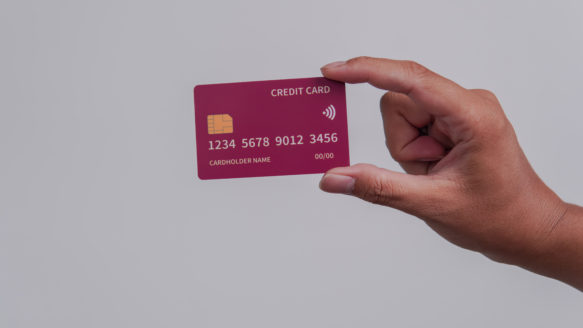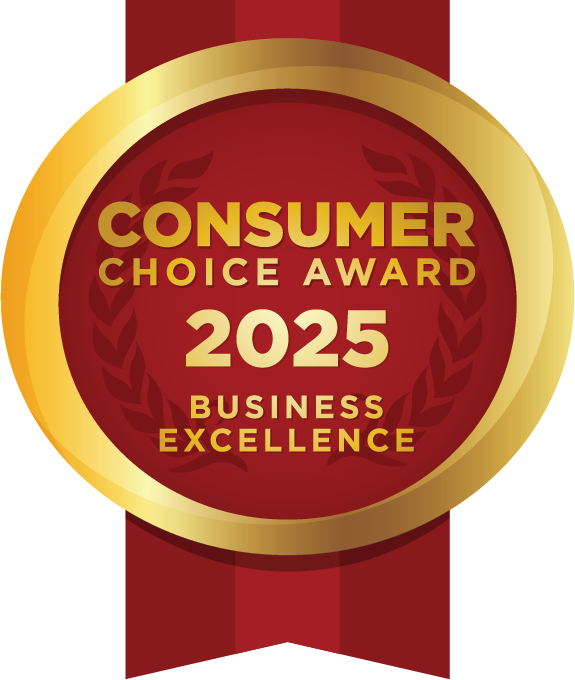
Debt Consolidation Loan vs Government Debt Consolidation Programs: What’s the Difference?
Debt consolidation loans are commonly marketed as a quick fix for financial stress — offering to take multiple debts and roll them into a single monthly payment. But in Alberta, residents also have access to a lesser-known alternative: the Orderly Payment of Debts (OPD) program, a structured, government-approved debt repayment option.
Both approaches aim to make it easier to pay off your debts, but they work in very different ways. Let’s compare consolidation loans with government debt consolidation programs, particularly the OPD, to help you understand how each works, what they cost, how they affect your credit — and how to know which one might suit your situation best.
What is a Debt Consolidation Loan?
A debt consolidation loan is when you borrow money to pay off other debts. Instead of paying five credit cards every month, you now make one payment to one lender. Many banks, credit unions, and online companies offer these loans.
The interest rate you get depends on your credit score. If your score is high, you may get a lower interest rate, which can save you money over time. But if your credit score is lower, the interest could still be quite high — sometimes 20% or more.
What is the OPD Program?
The Orderly Payment of Debts (OPD) program offers a different approach. Rather than borrowing more, OPD consolidates your existing debts into a single, court-approved payment plan. The program is unique in Alberta and is delivered through Money Mentors, the only non-profit organization authorized to administer it.
Unlike private loan solutions, OPD is not a new loan — you don’t borrow more money. Instead, your debts are put into a plan that lets you pay one monthly amount — and your interest rates drop to just 5%.
Here’s a quick look at how they compare:
| Consolidation Loan | Government Program (OPD) | |
|---|---|---|
| Interest Rate | Varies (7–30% or more) | Fixed 5% |
| Legal Protection | No | Yes |
| Creditor Participation | Optional | Mandatory |
| Credit Score Requirement | Yes | No |
| Includes Tax Debt | Depends | Yes |
Pros and Cons of a Debt Consolidation Loan
Advantages
One of the main benefits of a debt consolidation loan is simplification. Managing one payment can make budgeting easier, and if the interest rate on your new loan is lower than what you were paying before, you could save money over time. These loans may also provide an opportunity to build your credit score through consistent on-time payments.
Limitations
These loans typically require a strong credit history to get the most competitive interest rates. Individuals with fair or poor credit may not qualify for a low rate — or may not qualify at all.
Most people plan to stop using their credit cards after paying them off with a consolidation loan — but it doesn’t always work out that way. The cards often stay open, and when an emergency comes up, it’s easy to turn to them again. Before long, you’re making payments on the new loan and the old credit card debt all over again. That can wipe out any progress you made and leave you in a deeper financial hole.
Additionally, consolidation loans do not provide protection from legal actions or wage garnishments if collections have already begun.
Pros and Cons of the OPD Program
Advantages
The Orderly Payment of Debts program offers key benefits. It combines your unsecured, government, and student loan debts into one monthly payment with a fixed interest rate of 5% — significantly lower than most credit cards or payday loans.
Because the program is legally binding, all creditors included in the order must participate. This means collection calls, wage garnishments, and legal action stop, giving you more peace of mind and a clear plan to move forward.
You don’t need a credit check to qualify, and the OPD program covers many types of debt — even CRA tax debt, which most loans don’t include.
Along the way, you’ll also get access to financial counselling and coaching, budgeting support and financial education — a unique feature that can help you avoid falling back into debt in the future.
Limitations
The OPD program administered by Money Mentors is only available to people who live in Alberta. To participate, you need to have a steady income since you’ll be making regular payments each month.
When you enroll, your credit report shows you’re repaying debt through a structured plan. While this may affect your credit during the program, for some, it’s actually improves your credit. Many people see it as a necessary reset — one that helps them rebuild faster than continuing to struggle with high-interest payments or collections.
Credit Score Considerations
With a Debt Consolidation Loan
Applying for a consolidation loan usually means a credit check. This might cause a small, short-term dip in your score. If you’re approved and make your payments on time, it may help rebuild your credit, especially if you were behind before.
With the OPD Program
The OPD program also impacts credit. It is reported as a 7, meaning you’re repaying your debt through a structured plan.
When you’re enrolled in the OPD program, your credit report will show that you’re paying off your debts through a formal plan. That’s true for most structured repayment programs.
While this may lower your score at first, many people find that simply having a clear plan — and sticking to it — helps them regain confidence and rebuild faster. Completing the OPD program is often a turning point, especially for those who were dealing with collection accounts or multiple missed payments before.
If your credit is already struggling, OPD offers a way to start fresh — with lower interest, legal protection, and support to stay on track.
A Final Word on Credit Use
In Canada — including Alberta — a debt sent to collections can stay on your credit report for six years, pulling down your score the entire time. That’s six years of higher interest rates, rejected applications, and extra stress every time someone checks your credit.
Rebuilding is possible, but it doesn’t happen overnight. It takes a real plan — not just hope — and the patience to follow through.
If you’re weighing your options, ask yourself: What’s more important right now — protecting your score for a future purchase, or finally getting out from under the weight of your debt?
For many people, a small dip in credit is a fair trade for a huge gain in peace of mind. Because when the calls stop, the interest drops, and the plan is clear — that’s when the real rebuilding begins.
Risk in the Debt Consolidation Space
Not all debt solutions are created equally. It’s important to be aware of red flags when evaluating loan consolidation lenders or online offers. Some companies make big promises that sound too good to be true — and they often are.
If you see words like “guaranteed approval” or “instant debt relief,” be careful. Legitimate lenders always conduct some level of review to determine eligibility. Also, watch out for companies that ask you to pay big fees up front or try to rush you into signing up.
While some businesses may promote alternative programs like consumer proposals or debt settlements, these may not be the right fit for everyone and often come with heavier credit consequences. The OPD program is different — it’s run by a non-profit, approved by the government, and built to help people pay back what they owe in a clear, safe way.
What Sets Alberta’s OPD Program Apart
The Orderly Payment of Debts program is the only one of its kind in Canada. Created through federal legislation and offered exclusively through Money Mentors, it provides a structured, regulated, and affordable repayment solution for Albertans.
What makes OPD stand out is the way it helps you not just pay off your debt, but also learn how to manage money. It comes with a combination of legal protection, reduced interest, and ongoing financial education. Participants don’t just consolidate debt — they learn how to manage money in a sustainable way, gaining tools to prevent the cycle from repeating.
This program is more than just a payment plan. It’s a way to reset, learn new skills, and feel more in control of your money — for good.
Ready to Explore Your Options?
Deciding between a debt consolidation loan and a government debt consolidation program depends on your financial goals, credit situation, and the type of debt you’re carrying.
If you’re looking for clarity on what will work best for your situation, consider speaking with an Certified Financial Counsellor. At Money Mentors, consultations are free, confidential, and judgment-free. You’ll receive honest advice tailored to your needs — whether that means pursuing OPD or exploring another path.
If you’re ready to feel more in control of your money and less stressed about debt, call 1-888-294-0076 to speak with an Certified Financial Counsellor today.








